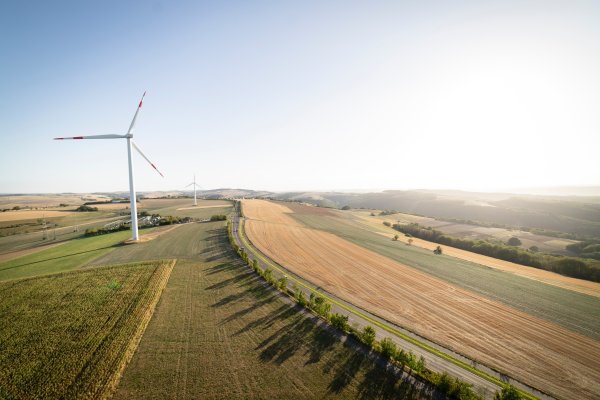
The growing demand for water, energy, and food (WEF) resources and their increasing interdependencies have led to global challenges that hinder the achievement of the United Nations Sustainable Development Goals. The WEF nexus approach is targeted toward maximizing resource use and leveraging synergies to address development challenges in attaining WEF security. Although the topic of the WEF nexus has risen in popularity, much of the work remains conceptual in nature.
Integrated modeling tools play a key role in quantifying the complexity of the WEF nexus and in developing holistic solutions that consider the synergies and tradeoffs within these systems. Many such frameworks, tools, and best practices proposed in the past are either too complex or tailored to a specific study location, thereby minimizing their reproducibility, especially in data-scarce settings. The challenges faced by researchers working in this area are double-fold: (1) Inaccessibility to useful resources that would aid in understanding WEF interactions; and (2) Lack of generalized indices and hands-on tools for quantifying the interactions, WEF securities, and their temporal dynamics. The distributed and often ‘closed’ nature of existing resources, and the lack of a universally acceptable model, often leaves stakeholders with the only option to develop their own tailored frameworks which are seldom publicly available. With limited resources to guide model development, these frameworks may have inadequate cross-sectoral interactions which compromise the primary goal of nexus thinking. In addition, the wide range of scales at which nexus studies are conducted, and the lack of reliable field data, necessitates a model that is both reproducible at different scales and easily customizable to account for data scarcity.
The primary goal of this research is to develop a one-stop platform that would aid stakeholders in finding, sharing, and utilizing existing resources to develop systems models for WEF nexus research. We will use this seed grant funding to fulfill two specific objectives: (1) expand an existing WEF nexus database; and (2) create a web-based interface for systems modeling of the WEF nexus.




